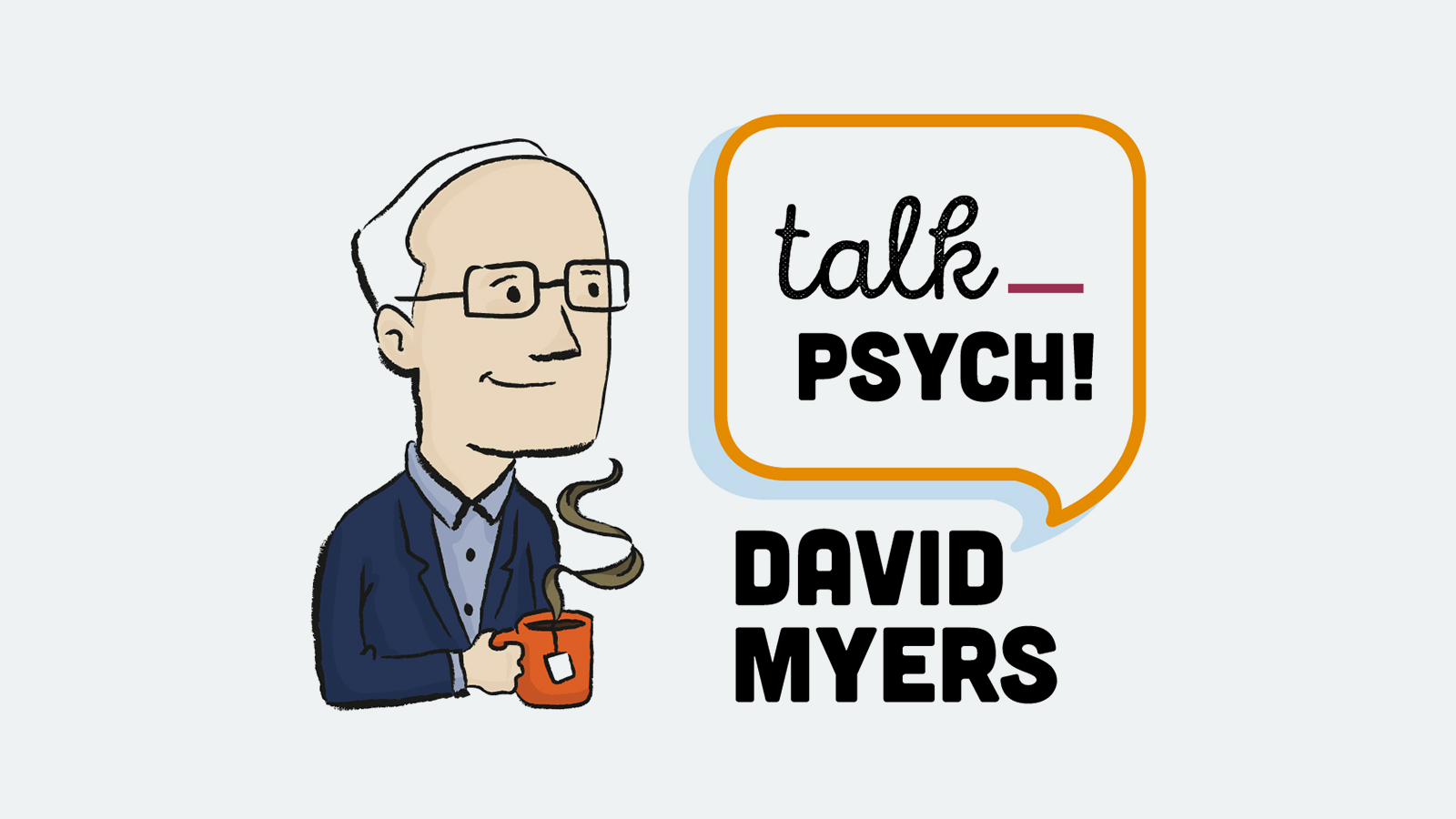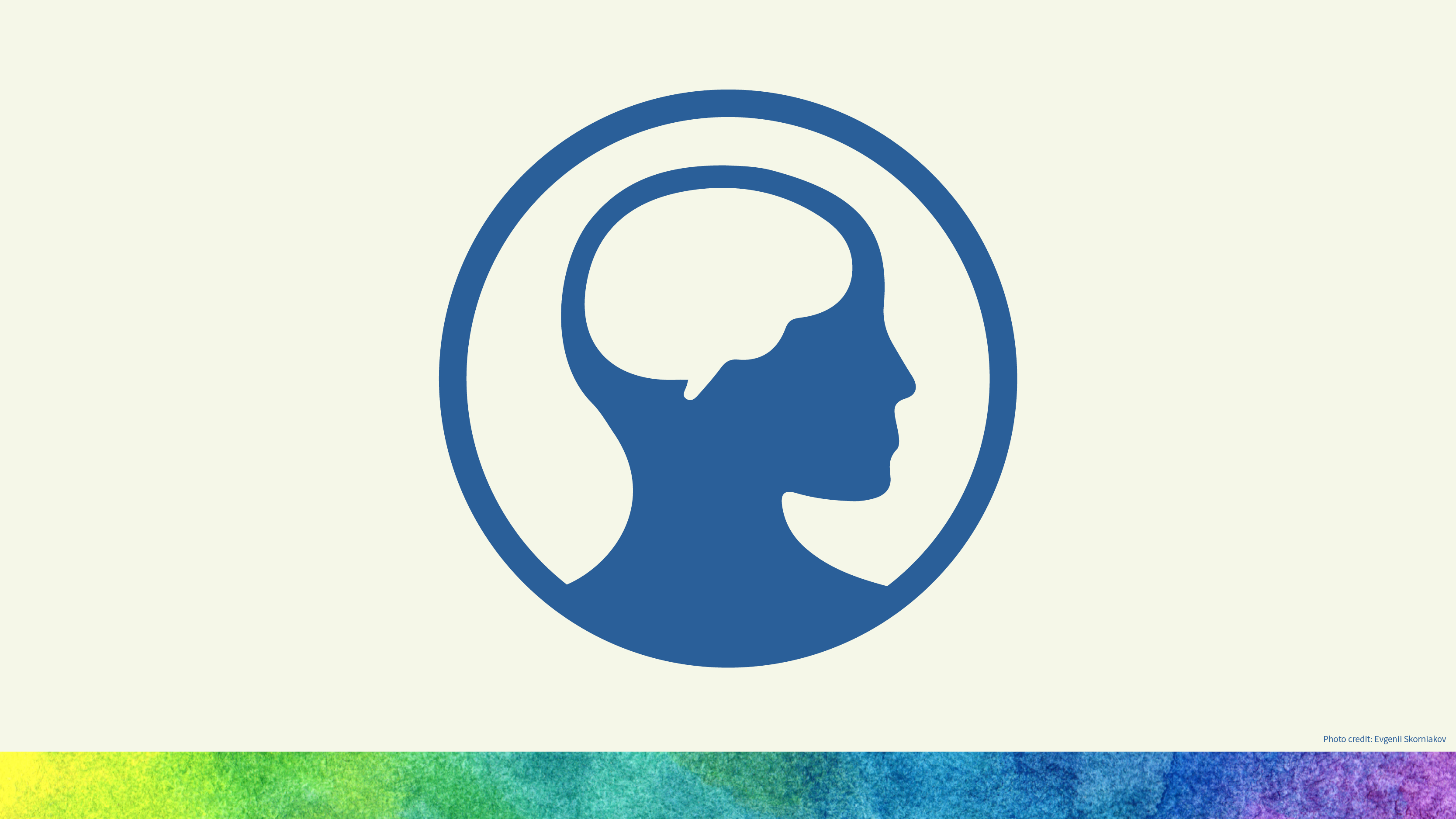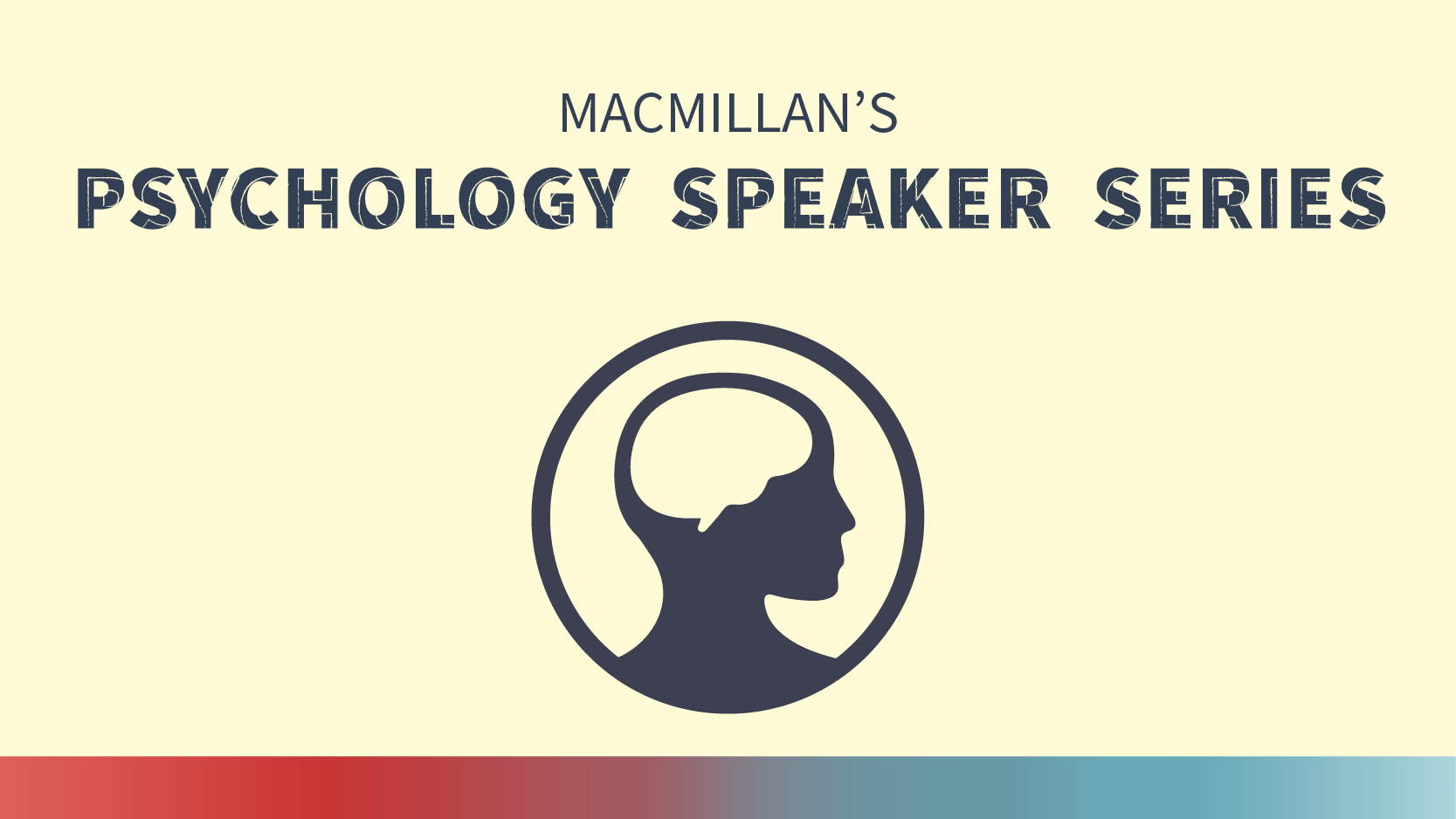-
About
Our Story
back- Our Mission
- Our Leadershio
- Accessibility
- Careers
- Diversity, Equity, Inclusion
- Learning Science
- Sustainability
Our Solutions
back
-
Community
Community
back- Newsroom
- Webinars on Demand
- Digital Community
- The Institute at Macmillan Learning
- English Community
- Psychology Community
- History Community
- Communication Community
- College Success Community
- Economics Community
- Institutional Solutions Community
- Nutrition Community
- Lab Solutions Community
- STEM Community
- Newsroom
- Macmillan Community
- :
- Psychology Community
- :
- Psychology Blog
Psychology Blog
Options
- Mark all as New
- Mark all as Read
- Float this item to the top
- Subscribe
- Bookmark
- Subscribe to RSS Feed
Psychology Blog
Showing articles with label Abnormal Psychology.
Show all articles
Author
04-20-2018
08:56 AM
The teen years are, for many, a time of rewarding friendships, noble idealism (think Parkland), and an expanding vision for life’s possibilities. But for others, especially those who vary from teen norms, life can be a challenge. Nonheterosexual teens, for example, sometimes face contempt, harassment, or family rejection. And that may explain their having scored higher than other teens on measures of anxiety, depression, and suicidal thoughts and attempts (see here, here, here, and here). But many of these findings are based on older data and don’t reflect the increasing support of gay partnerships among North Americans and Western Europeans. In U.S. Gallup polls, for example, support for “marriages between same-sex couples” soared from 27 percent in 1996 to 64 percent in 2017. So, have the emotional challenges of being teen and gay persisted? If so, to what extent? I’ve wondered, and recently discovered, an answer in the 2015 data from the annual UCLA/Higher Education Research Institute American Freshman survey (of 141,189 entering full-time students at a cross-section of U.S. colleges and universities). The news is mixed: Most gay/lesbian/bisexual frosh report not having struggled with depression. Being gay or lesbian in a predominantly heterosexual world remains, for a significant minority of older teens, an emotional challenge. Can we hope that, if attitudes continue to change, this depression gap will shrink? In the meantime, the American Psychological Association offers youth, parents, and educators these helpful resources for understanding sexual orientation and gender identity, including suggestions for how “to be supportive” of youth whose sexual orientation or gender identity differs from most others.
... View more
Labels
-
Abnormal Psychology
-
Gender
-
Stress and Health
0
0
3,227
Expert
07-13-2016
04:08 AM
Want to add a little psychopathy to your neuroscience or emotion lectures? Or add a little emotion and neuroscience to your psychopathy lecture? Kevin Dutton (University of Oxford), in a 5-minute video, presents a couple versions of the trolley problem and explains the role of emotion in responding to the dilemma. He notes that psychopaths respond in a purely utilitarian way, without emotion getting in the way. In the first video below, Dutton describes a scenario in which five people will die if a trolley continues on its path but where flipping a switch will send the trolley down a different track killing one person. Pause this video at the 49-second mark and give students an opportunity to think about their decision. Ask students to decide, but not reveal their response. If you use a student response system, ask students to click in with, say, A once they’ve made their decision. Return to playing the video. Dutton changes the scenario so that now you are faced with a different decision. The trolley, again, on its current course will kill five people. But now there is a “large stranger” in front of you. If you shove this person to their certain death in front of the trolley, the trolley will stop and the five people will be saved. Pause the video at the 1:38 mark and give students time to mull over their decision. Again, ask students to decide, but not reveal their response. As before, if you use a student response system, ask students to click in with A once they’ve made their decision. Dutton goes on to say that the first decision involves primarily the cerebral cortex. But when it comes to the second decision of whether to physically push someone to their death, for most people the emotion-heavy amygdala becomes involved and the decision is much more difficult. What about psychopaths? The amygdala stays quiet, and psychopaths don’t feel a difference between the two dilemmas. The decision to shove the stranger feels no different than the decision to flip the switch. Video Link : 1665 If you have time and wish to continue the topic, Dutton has another 5-minute video that expands on this one. To introduce it, ask students if there are any benefits to having someone who is willing and able to sacrifice one person, regardless of circumstances, to save many people? If time allows, ask students to discuss in pairs or small groups, and then ask for volunteers to share their responses. Now, play this video. Video Link : 1666 After this, students will have a lot to think about and may not be able to focus on anything else you have to say. It may be best to time this activity so it ends when your class session ends.
... View more
Labels
-
Abnormal Psychology
-
Emotion
-
Neuroscience
1
1
6,387
Expert
06-15-2016
04:06 AM
The Washington Post published a wonderful article on the sense of shame that surrounds mental illness and how people are overcoming that shame and stepping out of the shadows. Ask your students to read the article and respond to the following questions in class as a small group discussion, online through a class discussion board, or as an out-of-class written assignment. 1. Those interviewed for the article expressed a fear of coming out as having mental illness. What is the stigma associated with mental illness, and why would those with mental illness fear others knowing? 2. The article identifies several ways in which people with mental illness are coming out publicly. What are those ways? If you were to come out publicly as having mental illness, which of those ways would you choose and why? 3. Visit the blog http://stigmafighters.com. Choose one blog post and answer the following. a. What is the person’s name and what they do in life (short descriptions are typically at the end of each post)? b. What type of mental illness do they have? c. Describe their milestone events, such as their first memory of symptoms, their first diagnosis. d. What’s it like for them to live with mental illness? e. What reactions did you have as you read their story? Itkowitz, C. (2016, June 1). Unashamed and unwell. Retrieved from http://www.washingtonpost.com/sf/local/wp/2016/06/01/unwell-and-unashamed [Note: Published in the paper on June 2, 2016 if you're looking for it in a library database.]
... View more
Labels
-
Abnormal Psychology
-
Industrial and Organizational Psychology
1
1
5,282
Expert
05-09-2016
12:09 PM
While we can talk about auditory hallucinations in class, it’s difficult for students to understand how much of an impact this experience can have on the people who must cope with the hallucinations. The free Hearing Voices app provides students with simulated auditory hallucinations (Android; may or may not be available for iOS – check iTunes). The app’s disclaimer statement notes that the audio simulations were “recorded by people who hear voices. The content is designed to reflect the variety of voices commonly experienced, as such some voices will be positive, providing support and encouragement, while others will be confusing or critical, perhaps repeating strange phrases or disparagements. It is vitally important that the recordings sufficiently mimic real-life and therefor the footage you will hear does contain profanities and explicit language which some people may find offensive.” The app comes with two activities and three exercises. The activities ask the listener to do a memory task and a mental math task while listening to the simulated auditory hallucinations. The exercises ask the listener to engage in conversation with a friend or engage in some other everyday activity while listening to the audio. If you would like to have students experience this in class, ask them to bring headphones (the iPhone users can plug their headphones into the Android phone of another student). One student can listen to the simulation while holding a conversation with the student next to them. And then have students switch roles so the other student can experience the simulated auditory hallucinations. Each activity and exercise comes with a “reflective prompt” that you may choose to use as a writing prompt for an out-of-class assignment. If students would like to explore further, in the Podcasts section of the app, four people speak of their experiences with auditory hallucinations. In the Explanations section, students can explore sociocultural, psychological, and biological contributors to the experience of auditory hallucinations. At the time of this writing, the app contains some glaring typos, but that doesn’t detract from the app’s value. There are several auditory hallucination simulation videos available on YouTube, such as this one. If you don’t want to ask students to download an app, students can launch on of those videos instead, such as this one: https://www.youtube.com/watch?v=0vvU-Ajwbok. Video Link : 1613 [Thank you to Dana Wallace for posting on May 4, 2016 a link to this Hearing Voices app on the Society for the Teaching of Psychology Facebook page!]
... View more
Labels
-
Abnormal Psychology
-
Industrial and Organizational Psychology
0
0
20K
Expert
01-13-2016
04:00 AM
As a psychology instructor it is clear to you the myriad ways in which psychology can be used to both understand social issues and speak to solutions. In fact, the APA Guidelines for the Major (2013; see below) encourages us to help our students see the same. Debra Mashek (2016) suggests a few assignments that provide our students opportunities to connect psychology with today’s social issues. Integrative essay The instructor chooses three articles (interesting, nifty methodology, and not too difficult for students to understand – but on the surface may not have anything obviously to do with each other), and assigns one of those articles to each student, i.e. 1/3 of the class gets article A, 1/3 gets article B, and 1/3 gets article C. Each student writes a one-page summary of their assigned article and brings that with them to class. The class breaks up into groups of three, where the groups are composed of students who have all read different articles. In a jigsaw classroom format, the students tell the others in their three-person group about their article. Students then “articulate an applied question that invites application of ideas from all the articles.” Each 3-person group then co-authors a short paper (two to three pages) that identifies their applied question and how each of the three articles speak to that question. Persuasion research activity Right after Hurricane Katrina, Mashek decided she wanted her Intro Psych students to experience psychological research firsthand while also contributing to the relief effort. Mashek gave a brief lecture on foot-in-the-door, door-in-the-face, and reciprocity. She randomly assigned ¼ of students to foot-in-the-door, ¼ to door-in-the-face, ¼ reciprocity (she gave these students lollipops to hand to people before asking for a donation), and ¼ to a command condition (“give money”). During that same class period students were sent out in pairs to different areas of campus to return an hour later. Thirty-five students collected $600. Students reported a greater connection to the victims of Katrina after they returned than they reported before they left. Mashek used this experience as a leaping off point for discussing research methodology in the next class session. Current headline classroom discussion Pick a current headline. Break students into small groups, perhaps as an end of class activity, and give them one or two discussion questions based on the current chapter you are covering that are relevant to the headline. For example, if you are covering the social psychology chapter in Intro Psych, give students this headline from the January 9, 2016 New York Times: “Gov. Paul LePage of Maine Says Racial Comment Was a ‘Slip-Up’.” This is a short article, so you could ask students to read the article itself. Sample discussion questions: (1) What evidence is there of ingroup bias? (2) Do Gov. LePage’s comments illustrate stereotyping, prejudice, and/or discrimination? Explain. If time allows, student groups can report out in class. Alternatively, this could be a group writing assignment or a scribe for the group could post a summary of the group’s responses to a class discussion board. Students will gain an appreciation of the scope of psychology and how it is relevant to today’s social issues. This activity throughout the course should help students, after the course, to continue to see psychology at play. The APA Guidelines for the Major (2013) include these indicators related to social issues: 1.3A Articulate how psychological principles can be used to explain social issues, address pressing societal needs, and inform public policy 3.3c Explain how psychology can promote civic, social, and global outcomes that benefit others 3.3C Pursue personal opportunities to promote civic, social, and global outcomes that benefit the community. 3.3d Describe psychology-related issues of global concern (e.g., poverty, health, migration, human rights, rights of children, international conflict, sustainability) 3.3D Consider the potential effects of psychology-based interventions on issues of global concern American Psychological Association. (2013). APA guidelines for the undergraduate psychology major: Version 2.0. Retrieved from http://www.apa.org/ed/precollege/undergrad/index.aspx Mashek, D. (2016, January 4). Bringing the psychology of social issues to life. Lecture presented at National Institute on the Teaching of Psychology in Tradewinds Island Grand Resort, St. Petersburg Beach. Seelye, K. Q. (2016, January 9). Gov. Paul LePage of Maine Says Racial Comment Was a 'Slip-up'. The New York Times. Retrieved January 9, 2016, from http://www.nytimes.com/politics/first-draft/2016/01/08/gov-paul-lepage-of-maine-denies-making-racist-remarks
... View more
Labels
-
Abnormal Psychology
-
Cognition
-
Consciousness
-
Developmental Psychology
-
Emotion
-
Evolution
-
Gender
-
Genetics
-
History and Systems of Psychology
-
Industrial and Organizational Psychology
-
Intelligence
-
Learning
-
Memory
-
Motivation
-
Nature-Nurture
-
Neuroscience
-
Personality
-
Research Methods and Statistics
-
Sensation and Perception
-
Social Psychology
-
Stress and Health
0
0
8,671
Topics
-
Abnormal Psychology
5 -
Achievement
2 -
Affiliation
1 -
Cognition
9 -
Consciousness
13 -
Current Events
6 -
Development Psychology
9 -
Developmental Psychology
12 -
Drugs
4 -
Emotion
19 -
Evolution
1 -
Gender
4 -
Gender and Sexuality
3 -
Genetics
2 -
History and System of Psychology
4 -
History and Systems of Psychology
2 -
Industrial and Organizational Psychology
15 -
Intelligence
1 -
Learning
26 -
Memory
10 -
Motivation
4 -
Motivation: Hunger
1 -
Nature-Nurture
2 -
Neuroscience
15 -
Personality
11 -
Psychological Disorders and Their Treatment
9 -
Research Methods and Statistics
41 -
Sensation and Perception
15 -
Social Psychology
45 -
Stress and Health
5 -
Teaching and Learning Best Practices
30 -
Thinking and Language
9 -
Virtual Learning
7
- « Previous
- Next »
Popular Posts








